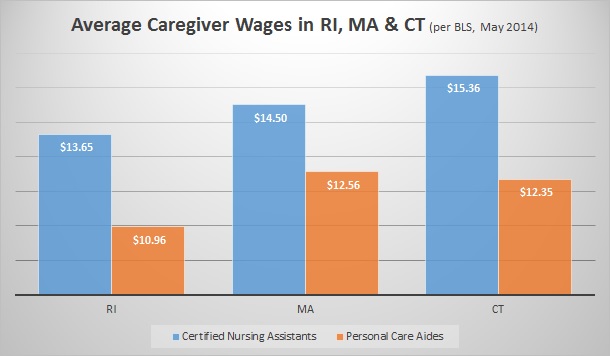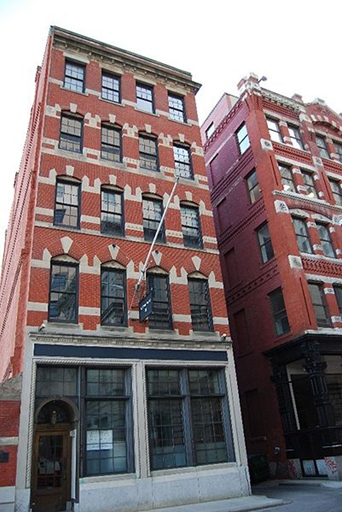
All the teams in the Volvo Ocean Race use identical boats, they sail over the same waters, and they bounce over the same waves.
However, there is something very different with one team in this year’s 38,739 nautical mile race. Team SCA is the only all-women team in the otherwise male-dominated around-the-world sailboat race currently stopped over in Newport.
If there is a team for progressives to root for, it has to be SCA.
They aren’t the first all-female team in ocean racing: Maiden (89-90) in the Whitbread Round the World Race, Heineken (93-94), E F Education (97-98), and American Sports Too (01-02). But women remain under represented in the sport.
Many of the SCA crew started ocean racing solo for lack of opportunity in the primarily male sport. “There’s no way they would take a female on the boats,” said Sophie Ciszek, one of the crew for Team SCA.
So, often women took to solo racing, many in the Mini Transatlantic, sailing alone 4000 miles in 21 ft. long boats to break into the ranks of professional sailing. Team SCA finished the 5,000 mile sixth leg of the Volvo Ocean Race in Newport this last week along with five competitors. Thousands of fans were at Ft. Adams in Newport to welcome Team SCA. The six Volvo boats are on display this week at Ft. Adams, and start the next leg (to Lisbon, Portugal) Sunday, May 17th, at 2:00 PM.

SCA Corporation, an international paper products and forestry company based in Sweden, sponsored the female team. Its intent was to create a fully supported team, on the same level as the men’s teams. Team SCA began in 2012, when 250 women from all over the world applied for 11 positions. One by one they were eliminated and the chosen few went into training.

Last year, they sailed into Newport as part of their offshore training. Skipper Samantha Davies and her crew-mates are soaked in extensive solo offshore racing experience and have the skills to sail alongside the boys. They proved that in the first week of Leg 6, sailing right up in the front pack, exchanging for the lead. That was sailing at its highest competitive level. Days before arrival in Newport, an unfortunate high pressure system cut them off from the leaders and set them back 100 miles.

On the positive side, they finished in daylight, and were treated to the beauty of Brenton Point, Castle Hill, Hammersmith Farm, and the Volvo Race Village at Ft. Adams. Twelve hours earlier, Dongfeng, the winner, battled Abu Dhabi to finish in the dark. In a tense close fight, they finished three and a half minutes apart after seventeen days. That is nothing short of amazing and one-design sailboat racing at its finest! 7,000 plus fans on land and an estimated 200 boats cheered in the night time winners.

As the father of a daughter who sailed competitively in high school, I have witnessed women competing in sailing on an even footing. Both my children, sailing for Newport’s Rogers High School Sailing Team in the 1990s, competed on a coed basis. And the fastest Rogers High School Sailing Team skipper was a woman for several years. For sure, the Farr Ocean 65 racing sailboat is a handful, twelve-and-a-half metric tons (27,000 lbs.) of throbbing carbon fiber race horse. Lugging the sails below and dragging them up on deck, and constantly trimming and changing sails is no easy chore. Flying along at 20 knots, the 65 ft. hull must bang on the waves like a surfboard.
Okay, men are stronger on the whole. But with teamwork and pacing – critical for ocean racing – skilled and properly trained women are up to the job, as are some men. Furling the asymmetrical spinnaker when gybing into the East Passage off Jamestown, Team SCA executed the maneuver flawlessly in front of my eyes, with the rhythm of a Swiss watch- a fine finish to 5,000 miles of sailing under challenging conditions.

This Saturday, May 17th, at 2PM, the Volvo boats will race over a short course at the mouth of Narragansett Bay. The fleet will start near the Ft. Adams shoreline and sail to a buoy off Castle Hill Lighthouse and back. The race will consist of two laps over this short course. Ft. Wetherill in Jamestown and Ft. Adams in Newport will be the prime viewing areas for those watching from land.
Team SCA has won two of the five in port races in the 2014/15 Volvo Ocean Race so far, third place overall for the in port races to date. Team Alvimedica, skippered by Rhode Islander, Charlie Enright, has also won one of the in port races so far, so the racing should be keen. The layout of the course will make for a lot of maneuvering at close quarters, something fun to watch.

Photos and story by Roberto Bessin 2015




 Showing the ubiquitous artists rendering of the proposed downtown stadium, Matheson said that it “would be a fantastic stadium for the owners to spend their own money on.”
Showing the ubiquitous artists rendering of the proposed downtown stadium, Matheson said that it “would be a fantastic stadium for the owners to spend their own money on.”





